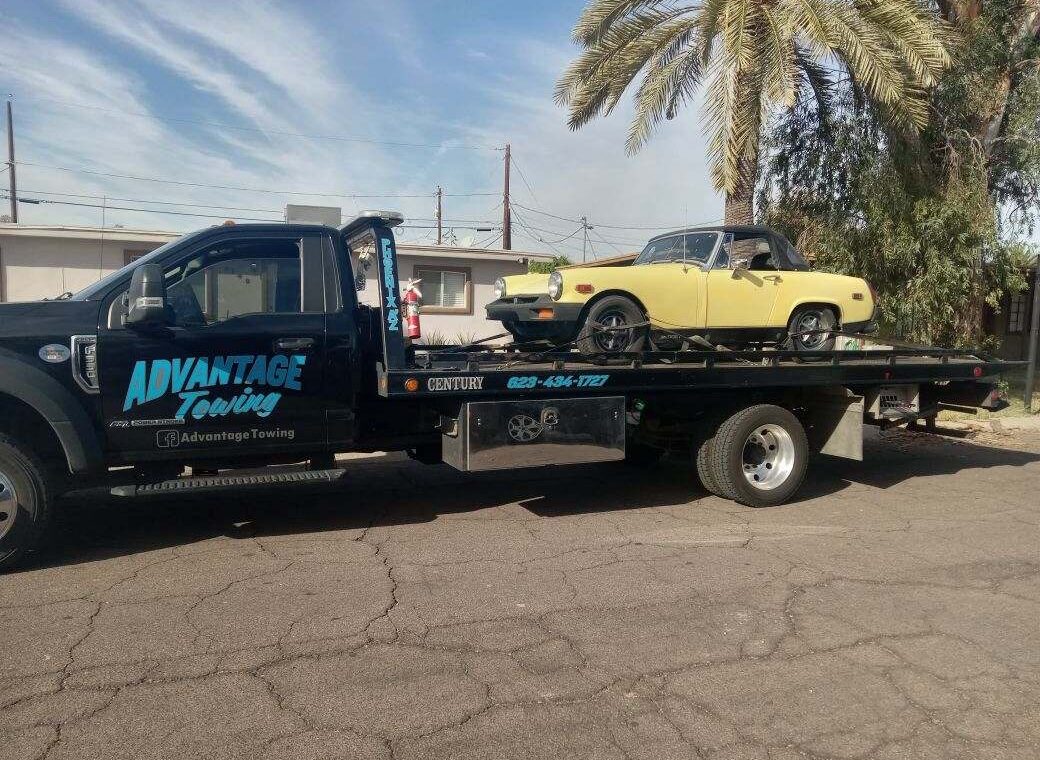A car breakdown can be more than just an inconvenience — it can disrupt your day, cost you money, and even put you in danger, depending on where and when it happens. Fortunately, most breakdowns are preventable with routine maintenance and a little vigilance. Here are some essential tips to help keep your car running reliably and avoid unexpected troubles on the road.
1. Stick to Your Maintenance Schedule
One of the best things you can do for your vehicle is to follow the manufacturer’s maintenance schedule. This includes regular oil changes, fluid checks, filter replacements, and tune-ups. Ignoring these basic services increases the risk of engine wear, overheating, and breakdowns.
2. Check Tire Pressure and Tread
Tires are often overlooked until there’s a flat, but they play a critical role in your car’s safety and performance. Check tire pressure at least once a month and before long trips. Improperly inflated tires can lead to blowouts or reduced fuel efficiency. Also, inspect tread depth and look for uneven wear, which could indicate alignment or suspension issues.
3. Keep an Eye on the Battery
A dead battery is one of the most common causes of breakdowns. Check your battery regularly for corrosion, loose connections, and signs of aging. Most car batteries last between three and five years, so consider a replacement if yours is approaching the end of its life, especially before winter when batteries tend to fail more often.
4. Monitor Fluid Levels
Your car relies on various fluids to operate properly — engine oil, coolant, transmission fluid, brake fluid, and power steering fluid, among others. Check these levels periodically and top them off if needed. Leaks can also be a sign of trouble; if you notice puddles under your car, have it inspected by a mechanic.
5. Listen for Unusual Noises
Odd sounds like grinding brakes, knocking from the engine, or squealing belts should never be ignored. These noises are early warning signs that something may be wrong. Addressing these issues early can prevent bigger, more expensive problems down the line.
6. Replace Worn Belts and Hoses
Belts and hoses are essential to your engine’s operation. If they wear out or break, they can cause your engine to overheat or stop working entirely. Inspect them for signs of cracking, fraying, or bulging and replace them as needed.
7. Keep an Emergency Kit in Your Car
Despite your best efforts, breakdowns can still happen. Keep an emergency kit in your vehicle that includes jumper cables, a flashlight, a tire repair kit, water, and basic tools. A roadside assistance membership or mobile app can also provide peace of mind.

